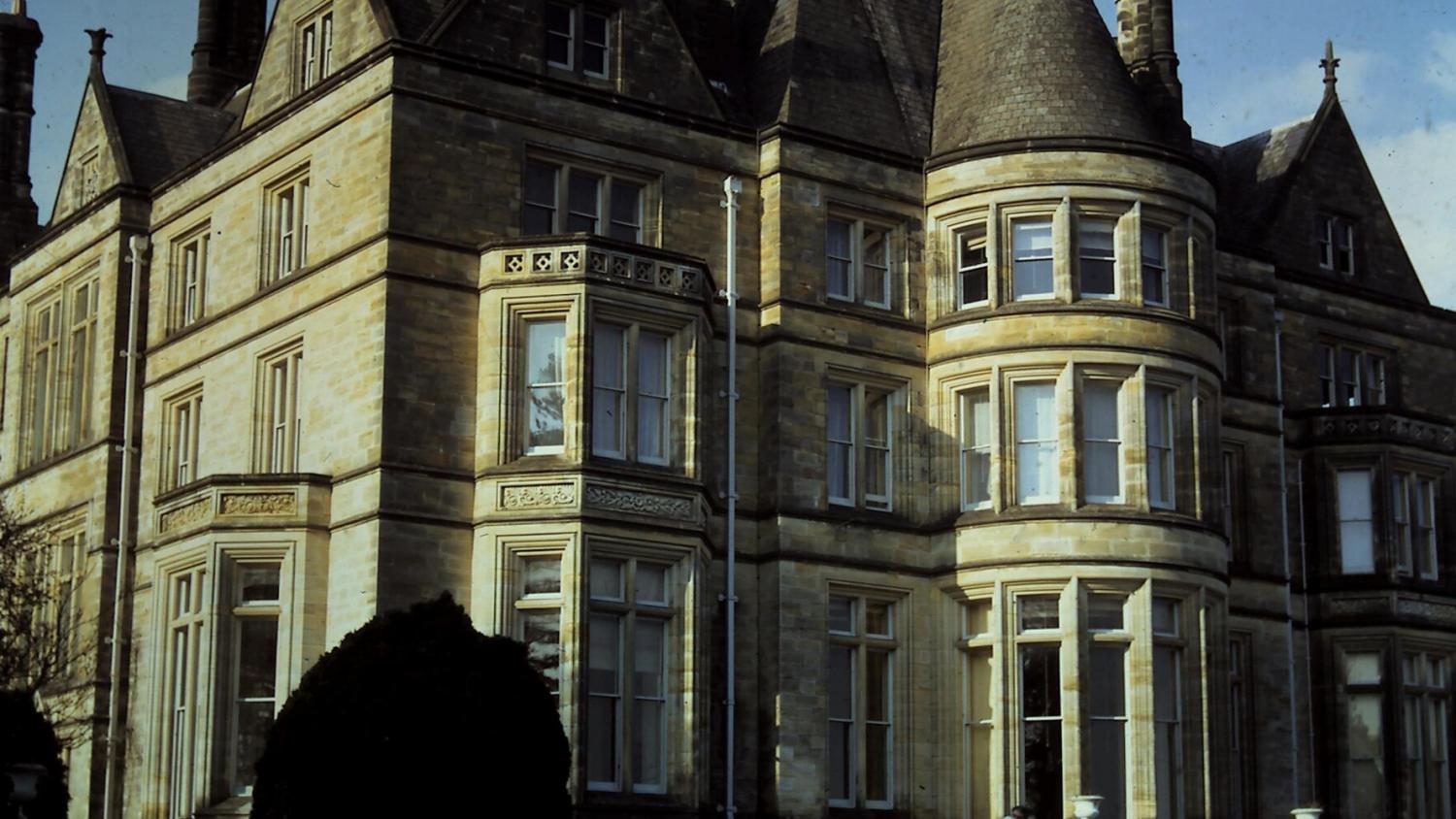Mark Hollingsworth,
In the countryside around Tunbridge Wells, on the border between Kent and East Sussex, is a castle that few passersby would know is owned by Russia.
Seacox Heath, a grade II listed 19th-century castle, is rumoured to be used by Russian diplomats and FSB spies as a weekend and holiday retreat.
It is one of 18 properties in England owned by the Russian state that a Timesinvestigation has found could be seized and given to Ukraine.
Liz Truss, the foreign secretary, said this week that she was considering seizing frozen assets owned by Russians in the UK and redistributing them to victims of Putin’s war in Ukraine.
The Times can reveal that Ukraine is also considering legal action to take possession of the 18 properties, which could be worth up to £100 million. Many are clustered near Highgate, north London. The neighbourhood is popular with Russian diplomats and oligarchs who own some of the most expensive properties, now mostly frozen.






